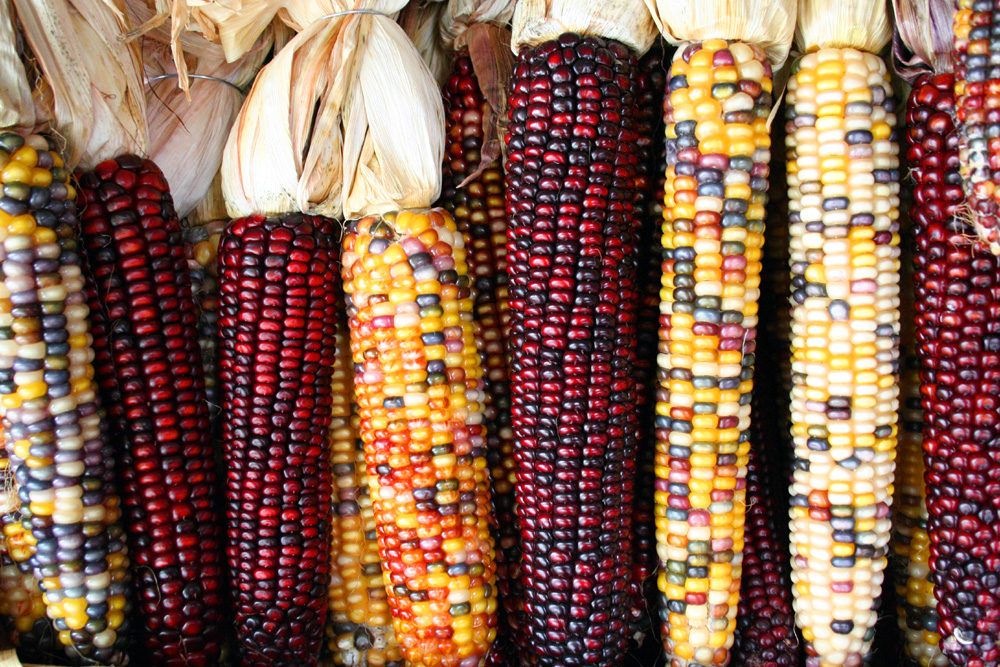 |
| maize |
There is anxiety
among farmers in Northeastern Nigeria as the invasion of the African
Armyworm has spread to the area, with the Federal Government saying it
needs N2.98 billion to check the pest nationwide.
The African
Armyworm (Spodoptera exempta) also called nutgrass armyworm, is an
African moth, capable of destroying entire crops in a matter of weeks.
The outbreak of the
caterpillars in several western African nations has raised alarm with
the UN Food and Agriculture Organisation.
The Nigerian
Ministry of Agriculture and Rural Development had in February confirmed
the invasion of the pest in 22 states of the country, at a time
scientists were trying to unravel the discovery of new caterpillar
species on African soil.
Speaking on the
invasion back in February, the Assistant Director and Desk Officer,
Maize Value Chain at the ministry, Adeleke Muftau, had informed
journalists that the pest, usually found in maize, posed a threat to
national food security and availability of maize in Nigeria.
Mr. Adeleke said the worm was destroying maize across the six geo-political zones and posed serious threat to other food crops.
On Tuesday, farmers
confirmed the presence of the pest in the North-east, a region still
recovering from the Boko Haram insurgency.
Rice and maize
farmers in Adamawa and Taraba states warned that by attacking maize
farms, the pest also posed a threat to the poultry industry as maize
shortage would push up the prices of poultry feeds in the country.
Hamman Adama Ahidjo who farms five hectares of maize and rice, said he has been waging a battle to keep the worm at bay.
"We have recorded
the ravaging Armyworm in our farms, though the two days rain recorded
has helped in curbing its spread. But if we don't deal with it, maize
production may become almost impossible here," he said.
Abdur Razaq Sarkin
Ruwa, who was spraying his four weeks old maize farm at Nyokkore on
Monday, lamented that his farms had been completely infested by the
worm. He feared that he could lose "everything", in spite of the
chemical he applied.
"It is already
affecting the maize and rice. The worms are eating right inside the
stems and the leaves of the young plant which is just a month old. I
need to spray chemicals at least three times before harvest, if at all I
am lucky to succeed."
Another maize
farmer in Taraba State, Sa'adu Wangra, said he noticed the worm on his
farm a few days after his maize started to germinate, so he had to spray
the one and a half hectare farm two weeks after planting.
He said the worm destroyed his crop last year, thus he was prepared to spray to avert a recurrence.
Mr. Wangra said he would repeat the spraying after 10 days and then a month later, before the crop would be due for harvest.
The effects
An Agriculture
expert at Adamawa State Polytechnic Yola, Abdullahi Musa, confirmed the
presence of the worm and warned of food shortage in the North-east if
the outbreak is not urgently checked.
Mr. Musa said the
worms eat up maize, wheat, millet and rice, key food sources in Africa
where many areas are already struggling with shortages after years of
severe drought."They also attack cotton, soybean, potato and tobacco fields."
On how to fight the
pest, he said chemical pesticides can be effective, but warned that
"fall armyworms have developed resistance in recent times."
"If nothing is done, we could lose up to 15 percent of our maize production," said the lecturer.
Steps taken by government
Adamawa State
Commissioner for Agriculture, Waziri Ahmadu, said the state government
was yet to get official report of the pest in the state, but expressed
fear that the pest could also infest rice farms.
He said the
ministry had, however, urged farmers across the 21 local government
areas of the state to come over for chemicals to contain the pest.
"Though officially,
I am yet to get a report of the pest attack, there is this fear that
this year's worm could be worse than last year's.
"The state
government has since put measures in place to stem it. We will soon get
the chemicals so farmers should come to the agriculture ministry as soon
as they noticed it on their farms," the commissioner said.
The Deputy Director
of Horticulture at the Federal Ministry of Agriculture, Mike Kanu, said
N2.98 billion will be needed to contain the pest across the country.
"Implementation of
the proposed intervention across the 36 states and FCT on 700,000
hectares for over 700,000 maize farmers is projected at N2.98 billion,"
he said.
Mr. Kanu said Nigeria has reached a critical stage where organic pesticide has to be used to bring the situation under control.
He however
emphasized the need to use organic pesticide that will not leave
residues, as using any harmful pesticide would have a damaging effect on
human health.










No comments:
Post a Comment